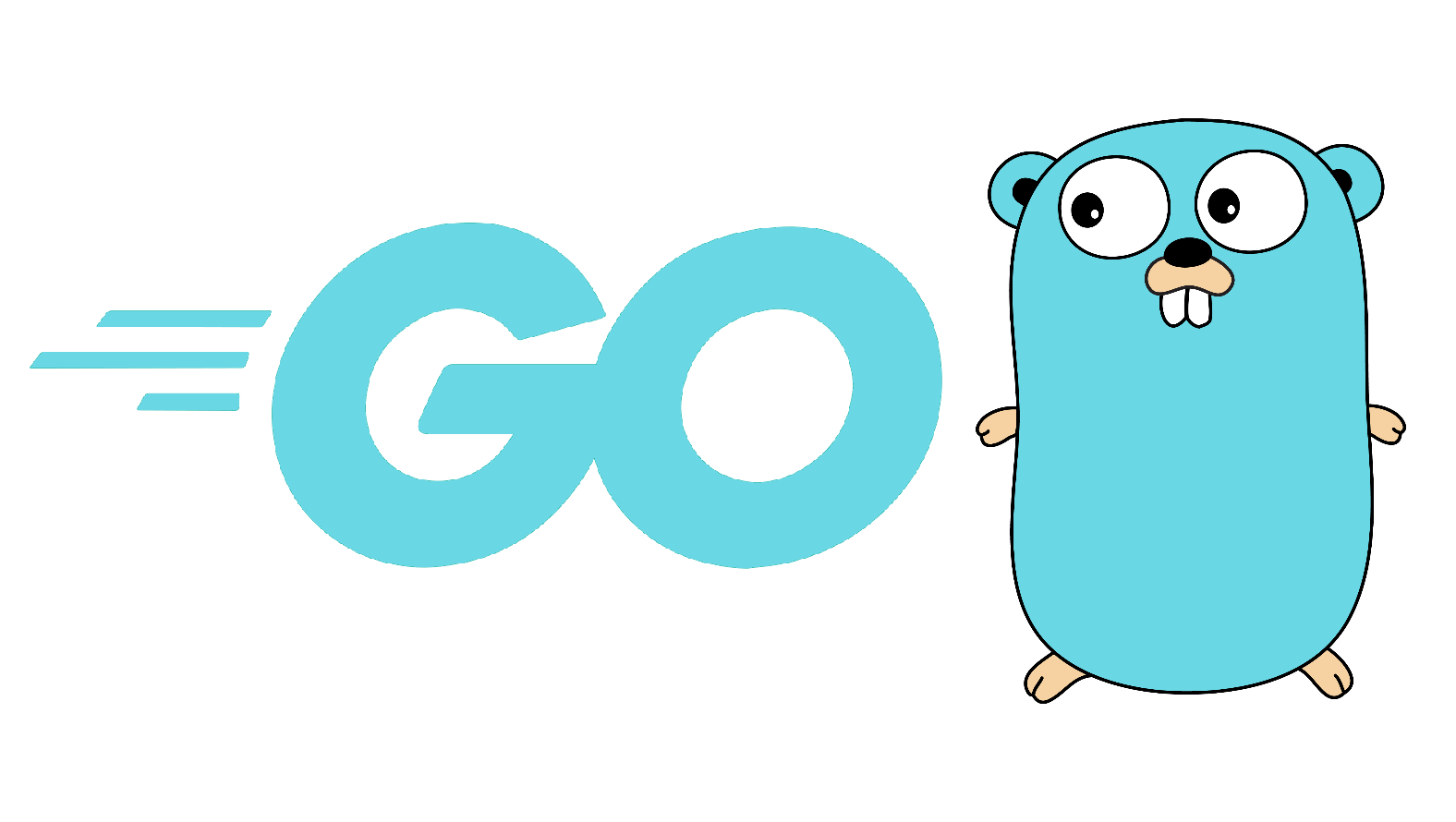
Are there any known limitations or drawbacks of using Golang as a development language?
While Golang has gained popularity and has many advantages, it also has some limitations and drawbacks that developers should be aware of. Here are a few: 1. Lack of Generics: Go currently lacks support for generic types, which can sometimes lead to code duplication or the need for type assertions and conversions. This limitation can…

Can you provide an overview of the standard library in Golang and some commonly used packages?
Certainly! The Golang standard library is a rich collection of packages that provide a wide range of functionality to developers. Here’s an overview of some commonly used packages in the Go standard library: 1. fmt: This package provides functions for formatted I/O, including printing to the console, reading input, and formatting strings. It is often…

How does Golang compare to other popular languages like Python, Java, and C++?
Golang is a statically typed, compiled programming language that was developed with a focus on simplicity, efficiency, and ease of use. While Python, Java, and C++ are also popular programming languages, there are some key differences between them and Go. Here’s a comparison of Go with Python, Java, and C++: 1. Simplicity: Go emphasizes simplicity…

What are some best practices for writing efficient and idiomatic Golang code?
Writing efficient and idiomatic Go code involves following certain best practices that promote readability, performance, and maintainability. Here are some guidelines to consider when writing Go code: 1. Use Proper Naming Conventions: Follow the Go naming conventions for packages, variables, functions, and types. Use meaningful names that are concise and descriptive. Avoid unnecessary abbreviations and…

Describe Go’s support for reflection. How can reflection be used to inspect and modify Go types and values at runtime? What are the performance implications of using reflection?
Go provides a reflection package (`reflect`) that allows you to inspect and manipulate Go types and values at runtime. Reflection in Go enables programmatic access to information about types, fields, methods, and interfaces, and provides the ability to dynamically create and modify values. The `reflect` package provides several types and functions to perform reflection operations,…

How does Golang support reflection and what are some use cases for reflection in Golang?
Golang supports reflection through the `reflect` package, which allows you to examine and manipulate the structure and values of Go types at runtime. Reflection provides the ability to inspect and modify objects dynamically, which can be useful in certain scenarios. Here’s an overview of how Go supports reflection and some common use cases: 1. The…

What are some testing frameworks or tools available for Golang applications?
Golang provides a robust testing framework as part of its standard library, which includes the `testing` package. This package, along with other tools, allows developers to write and execute tests for their Go applications. Here are some testing frameworks and tools commonly used in Go: 1. go test: The `go test` command is a built-in…

How does Golang handle packages and dependencies, and what is the role of the go.mod file?
Golang has a built-in package management system that makes it easy to manage dependencies and versioning. The package management system revolves around the `go.mod` file. Here’s how it works: 1. Packages: In Go, code is organized into packages, which are collections of related Go source files. Each package has a unique import path, which serves…

What are some of the popular frameworks or libraries used for web development in Golang?
Golang has a growing ecosystem of frameworks and libraries for web development. Here are some popular frameworks and libraries used for web development in Go: 1. Gin: Gin is a lightweight and fast web framework for Go. It provides a simple and expressive API for building web applications and RESTful APIs. Gin is known for…
What are the different approaches to code review?
There are several approaches to code review, each with its own advantages and considerations. Here are some common approaches to code review: 1. Pair Programming: In pair programming, two developers work together on the same codebase in real-time. They review each other’s code as they write it, providing immediate feedback and catching issues early. Pair…

